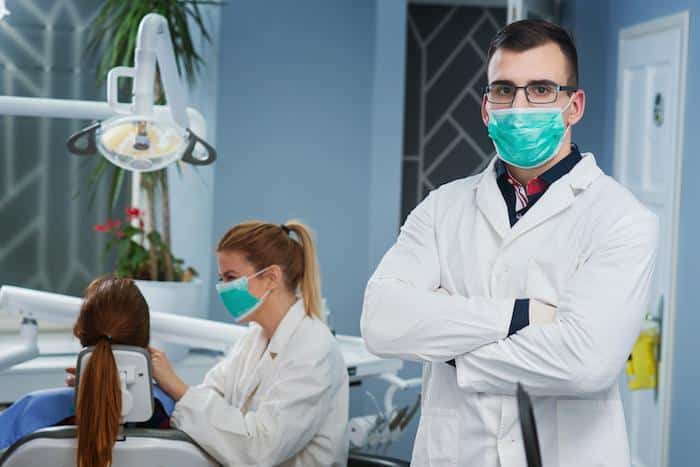If you’re among the 15% of U.S. adults who avoid the dentist because you think that dental procedures are painful, then you haven’t yet experienced sedation dentistry. Whether you have a cavity, a tooth that needs to be pulled, or another problem that must be resolved to preserve your oral health, you don’t need to feel a thing.
At The Glen Dental in San Jose, California, Aman Bhullar, DMD, and his experienced team provide sedation dentistry that matches your needs, your degree of sensitivity, and the type of procedure you require to restore your smile and health. We’re also specialists in providing pain-free, sedation dentistry to women, men, and children with developmental and physical disabilities.
Snuggle up to comfort
Even if you don’t have a fear of dentists, you still might need a little comforting before undergoing a procedure such as a root canal or dental implant, or even just a regular cleaning! If you have dental anxiety and plan to be awake for your procedure, feel free to request items such as a blanket to keep you warm and secure and bring headphones so you can blliss out to your favorite tunes.
Your dentist also helps you decide which sedation option is best for you. Not only does sedation dentistry numb the pain, it also alleviates anxiety so you can relax. Let your dentist know if you have issues such as a strong gag reflex or sensitive teeth, which may influence the type of sedation dentistry he recommends.
Local anesthetic
If you don’t have dental fears and if your procedure is simple, local anesthetic injected directly into the treatment site may be enough for you. If you’re nervous that it won’t be, your dentist may recommend oral premedication to help you relax.
Nitrous oxide
This inhaled sedative — commonly referred to as laughing gas — makes you feel calm and also controls pain. Although you’ll stay awake with nitrous oxide, you may not actually remember the procedure — that’s how relaxed you’ll be.
One of the benefits of nitrous oxide is that it wears off completely after your treatment has been completed, so you won’t feel sleepy at all. As long as you didn’t take another sedative, too, you could even drive yourself home.
Conscious sedation
Even though it’s called conscious sedation, if you choose this option you’ll probably fall asleep during your procedure. Your dentist can administer mild conscious sedation orally about one hour before your procedure so that it has time to work.
You can also opt for deeper sedation that your dentist administers with an injection. You’ll fall asleep after the injection, but he’ll awaken you easily with a gentle shake once your treatment is complete. If you choose conscious sedation, you’ll need a ride home.
General anesthesia
If you’re scheduled for a more complicated procedure or if you or your charge has special needs, general anesthesia might be best. Our dentists administer general anesthesia intravenously.
During general anesthesia, you’re completely unconscious and are not even aware of having fallen asleep. You won’t feel any part of your treatment and won’t remember it either.
Even after you’ve awakened from general anesthesia, you’ll still be sleepy and groggy. You need to arrange transport home ahead of time.
Sound dreamy? To take care of your teeth and gums without pain or anxiety. To learn more or schedule an appointment call our office a call at (669) 205-1303 to schedule a consultation. You can also send us a message online.


